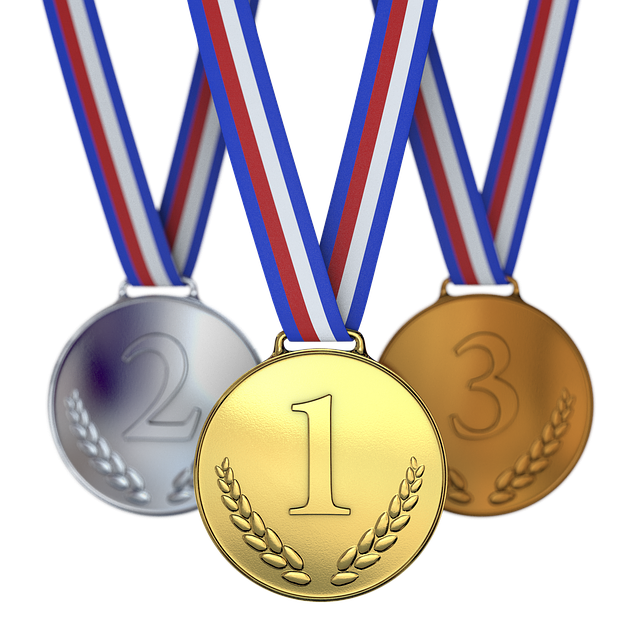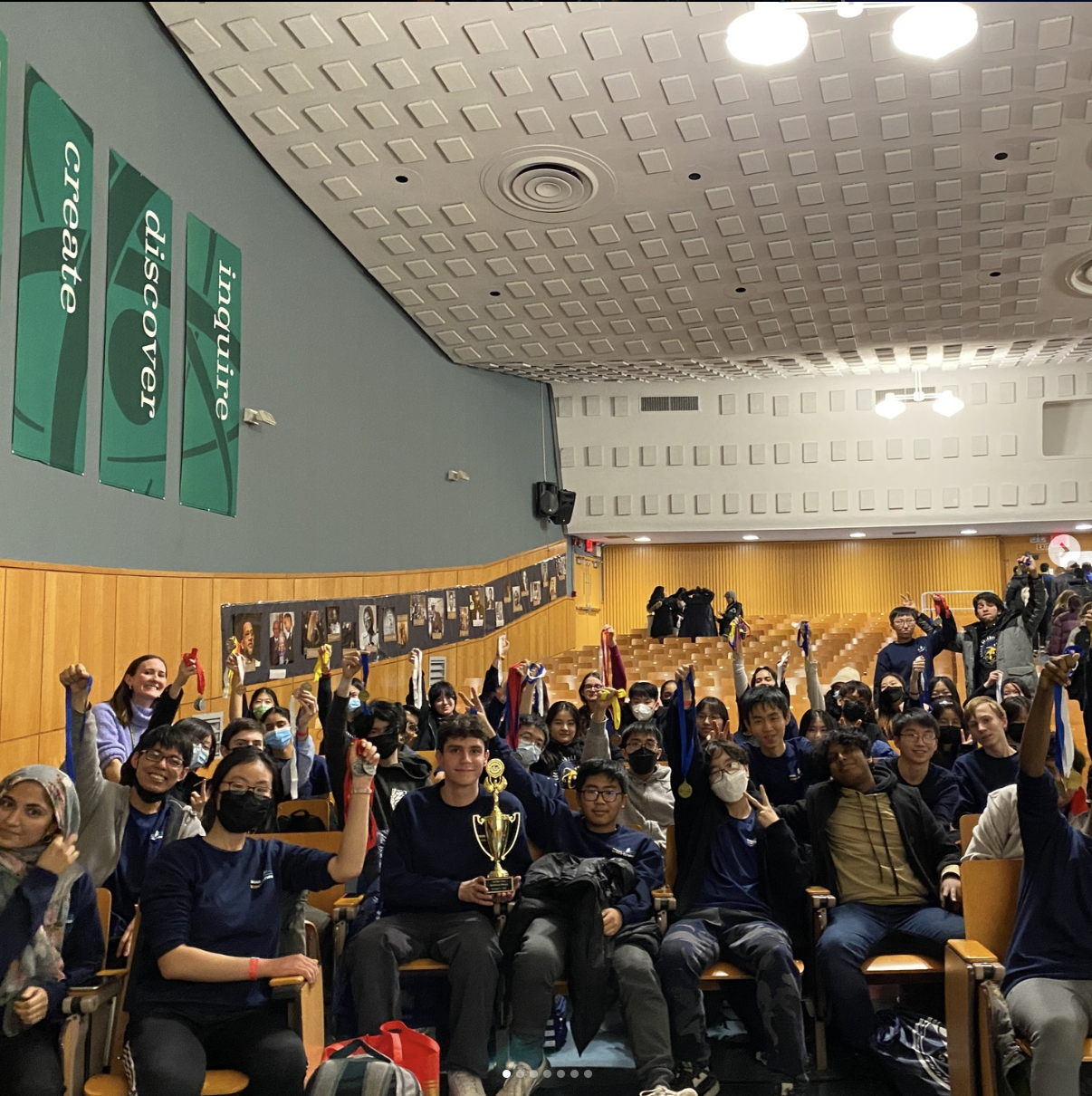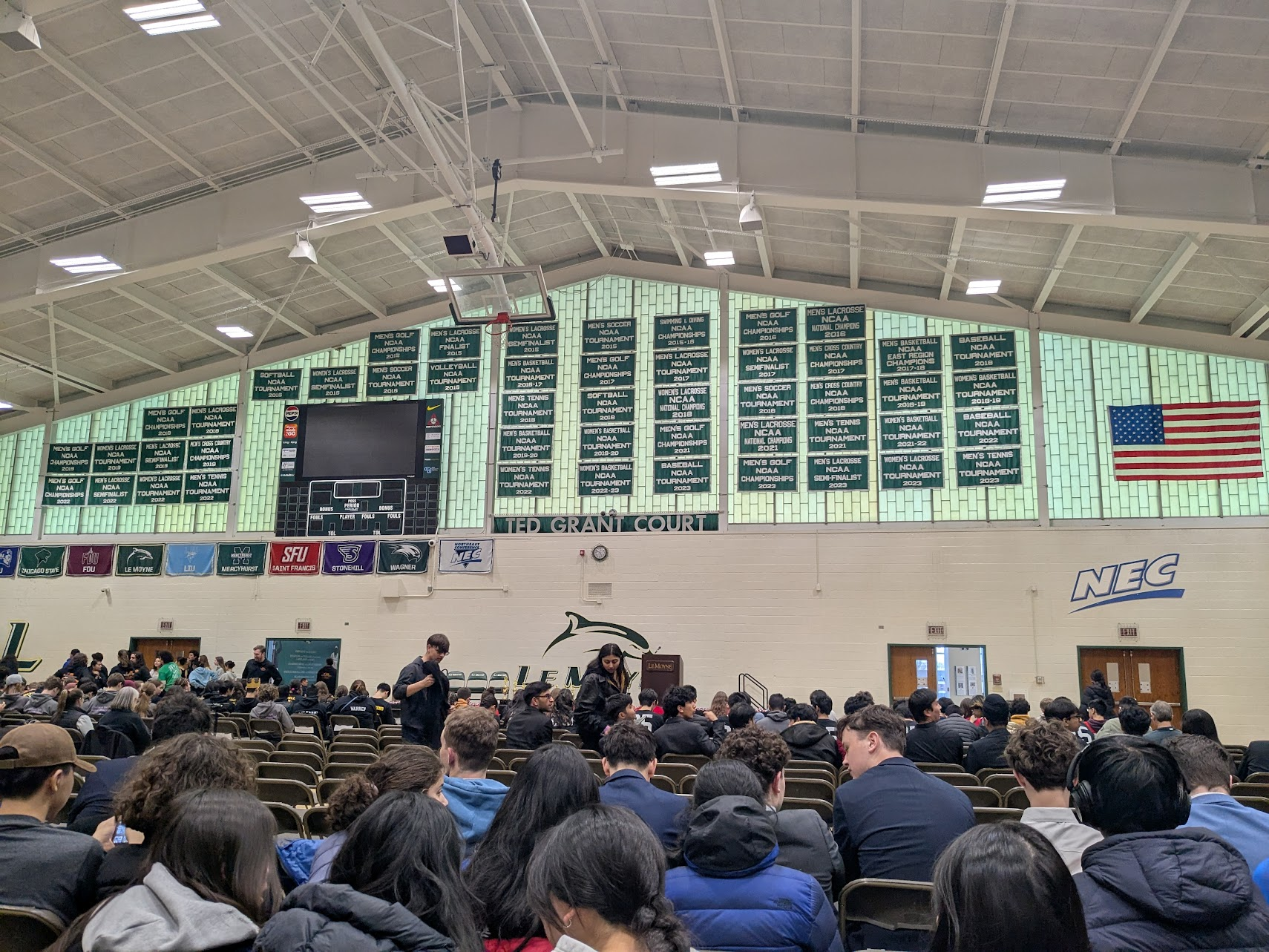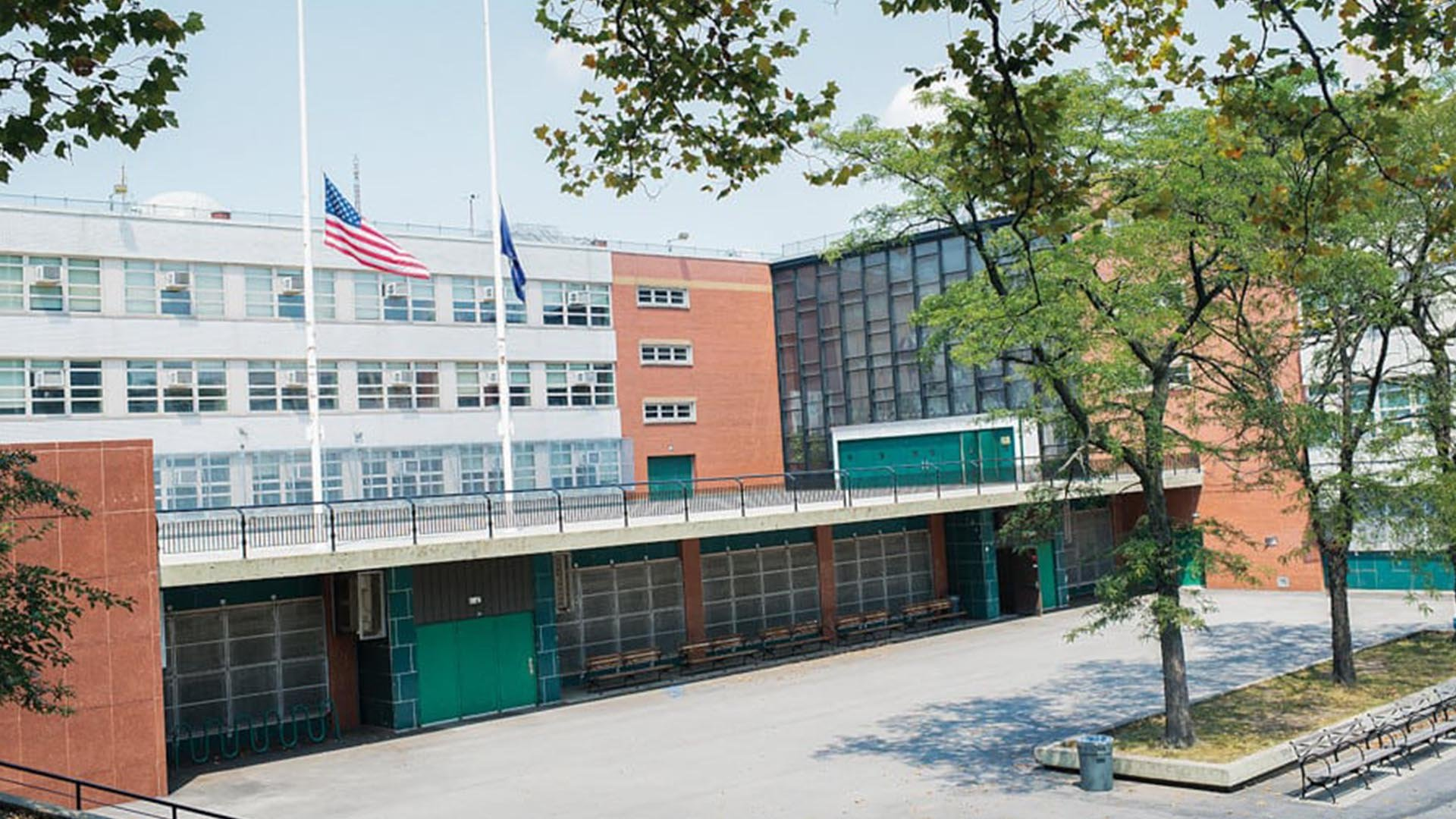Science Olympiad is a national STEM competition that challenges students to apply their knowledge of science, technology, engineering, and mathematics to solve complex problems. It's not just about memorizing facts—it's about critical thinking, teamwork, and hands-on problem solving.
The competition consists of 23 different events covering various scientific disciplines, from biology and chemistry to physics, earth science, and engineering. Each event tests different skills: some are written tests, others are hands-on laboratory experiments, and some require building devices or structures.
Teams compete at regional, state, and national levels, with the top teams advancing to represent their state at the National Science Olympiad Tournament. It's an opportunity for students to showcase their scientific knowledge, creativity, and teamwork skills while competing against the best teams in the country.





